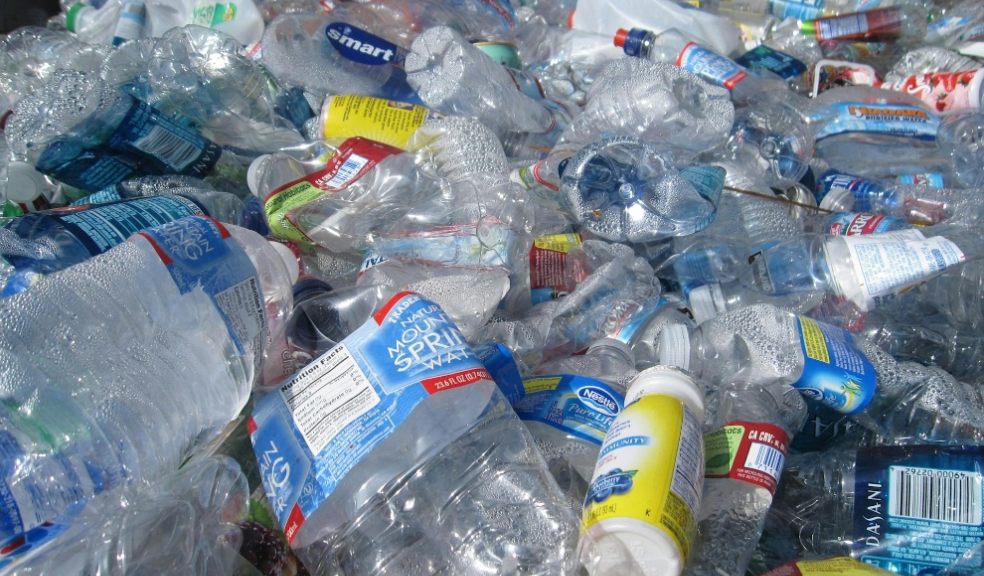
Understanding Plastic Recycling in The Drinks Industry
Plastic recycling has become a core element in the global push for sustainability, with the UK government laying out explicit plans to reduce plastic waste significantly. The drinks and beverage industry plays a huge role in the recycling of plastic materials, with plastic bottles being the most commonly recycled plastic item. However, while it’s not done as widely as it could be, the plastic film used in the beverage industry can also be recycled to exceptional ends.
This piece will explore the art of recycling plastic in the drinks and beverage industry, exploring how its completed and highlighting exceptional industry examples. The content will cover both plastic film and plastic bottle recycling.
The plastic recycling process
Recyclable plastic ware like bottles and quality films go through similar recycling processes after being collected by the council rubbish service – there are differences in the specifics but the basic steps are the same.
Sorting
With multiple forms of recyclable plastic in one load, it’s important for the different items to be sorted effectively. Plastic must first be sorted from any other recyclable materials that it was thrown away with, then the different forms of plastic must be separated. This can be completed by hand as well as technology like:
- Trommel separator drums to split larger and smaller particles
- Eddy current separators which magnetically react to different metals
- X-ray technology to sort materials based on density
Sorting isn’t as much of a task in a closed-loop system, as is often used in plastic film recycling.
Washing
After plastic has been sorted it has to be thoroughly cleaned to remove any impurities. Dirt, dust and other impurities can result in shoddy recycled plastic products and even damage the machines used in the process.
Shredding
Clean recyclable plastics are then shredded. Bottles and films need to be chopped into smaller more manageable pieces. Then they’re fed into shredders and water-fed grinders and cut into significantly smaller pieces.
Melting down & extruding
Shredded plastic is then melted down in an extruder. The molten plastic is formed into fine strands by the extruder, before being left to cool. Once cooled, the strands are then reprocessed into smaller pellets which can then be used for recycled plastic products.
While different operations might vary in terms of the technology used, plastic recycling has to follow these basic principles every time.
Successful examples of plastic recycling
There are several exciting examples of how plastic recycling can make an impact in the drinks/beverage industry, with high-profile and independent brands making waves with conscious choices.
Closed loop film recycling
Industrial plastics company Duo have a closed-loop film recycling system in place, in which they buy back waste plastic film from their clients to reuse in the production of more. This helps to reduce their need for virgin plastics and combat the growth of landfills. They also offer this closed loop system with Oceanix Plastic Film – a recycled plastic film made from maritime waste. These films are often used for the wrapping of drink bottle multipacks – an essential part of the beverage industry economy.
The cola industry kings
Both Coca-Cola and Pepsico have committed to increasing their use of recycled plastic in their drinks bottles. The former have recently rolled out 100% recycled plastic bottles across the US, while their silver-medaled competitors have started to comprehensively roll similar bottles out in 9 EU markets. Examples like this will be crucial to galvanising a more widespread shift in the drinks and beverage industry.
Plastic recycling can also be used to create new products outside the realm of beverages such as:
- Rubbish bins and caddies
- Flower pots and seed trays
- Polyester for clothing
- Items of furniture
- Cosemtic bottles and containers
- Milk cartons
With a better view of how plastic recycling works, perhaps it’s time for your business to increase its emphasis on the practice. Whether you’re working in the beverage industry or not, plastic recycling should be an integral part of your business’s sustainability plan.




















